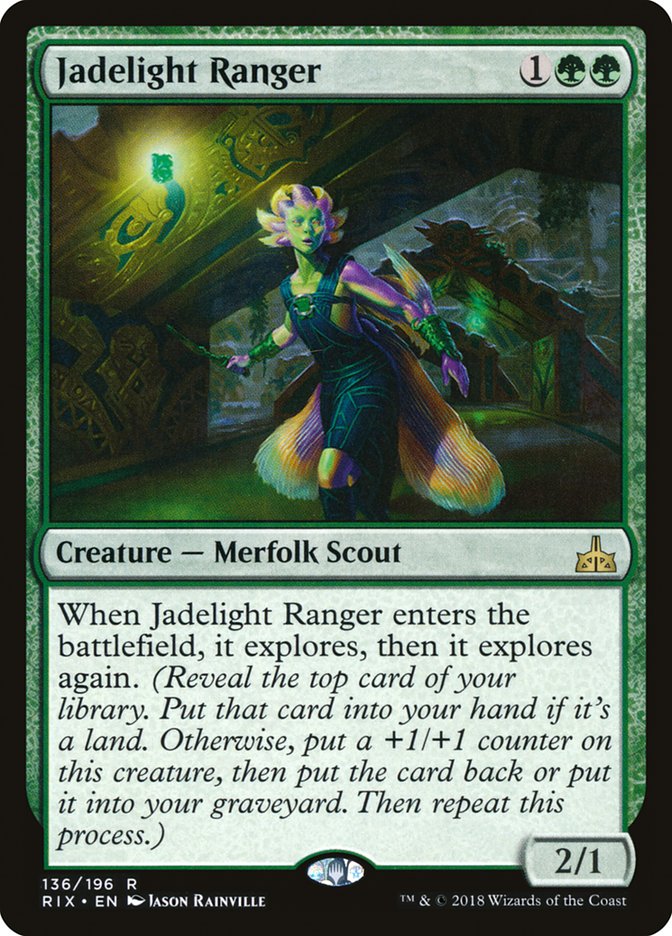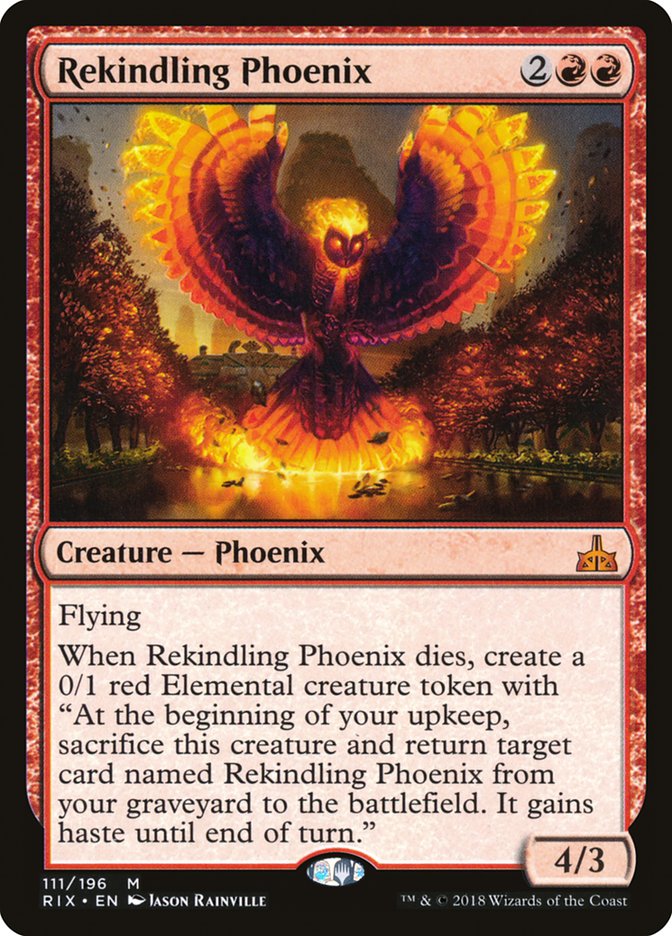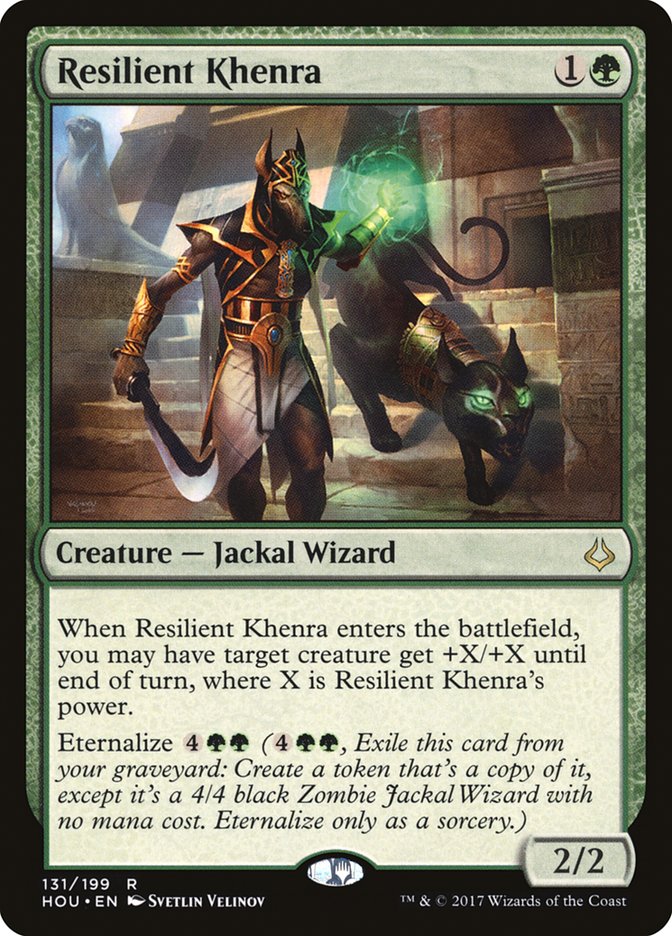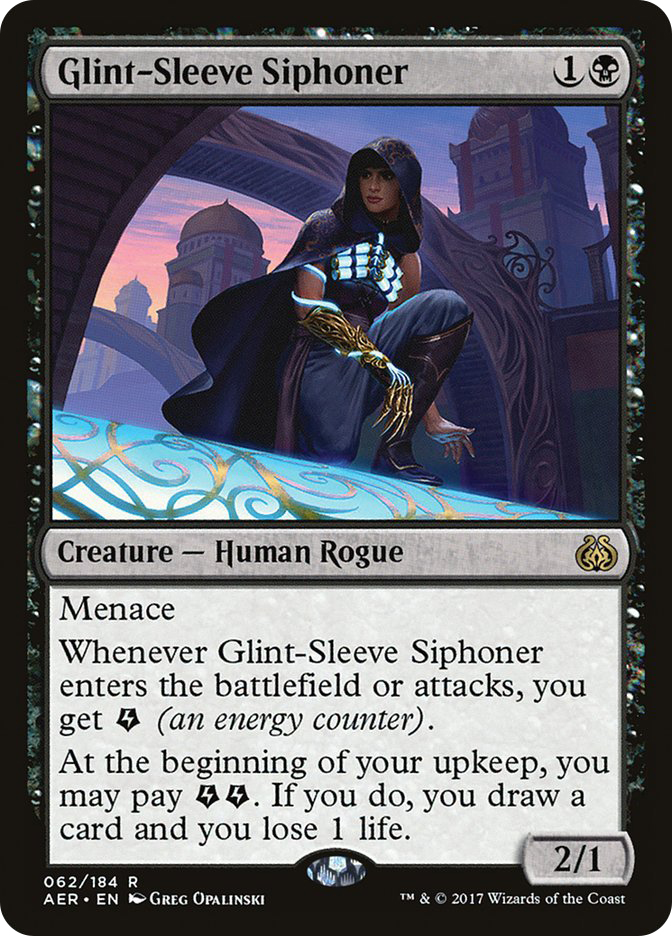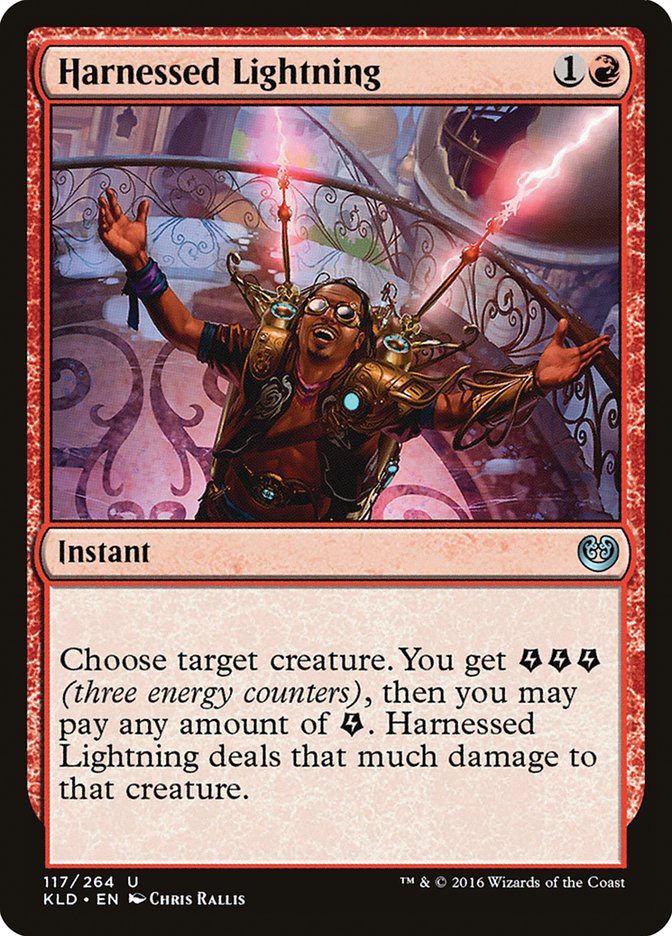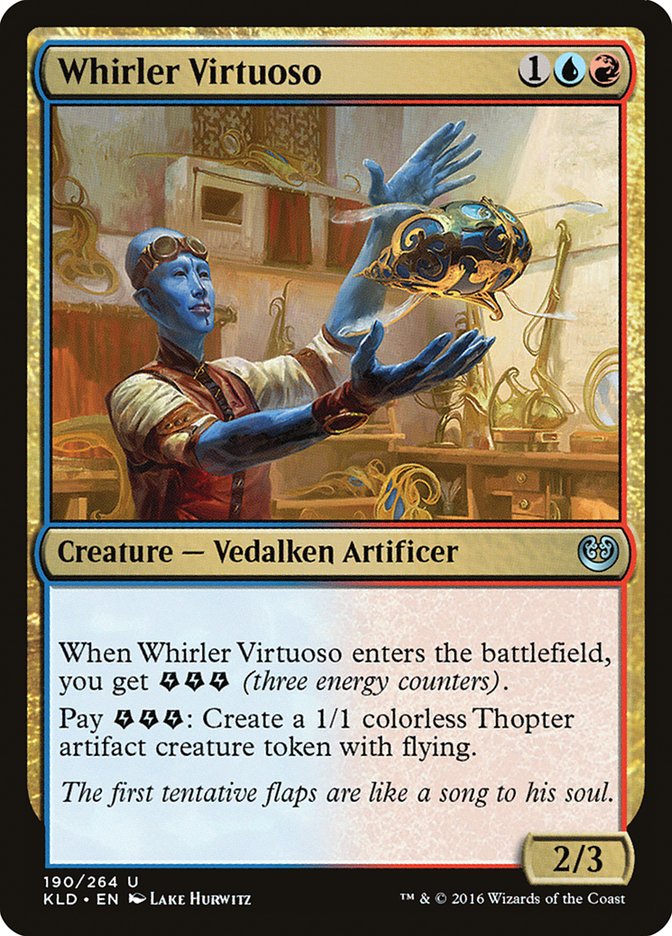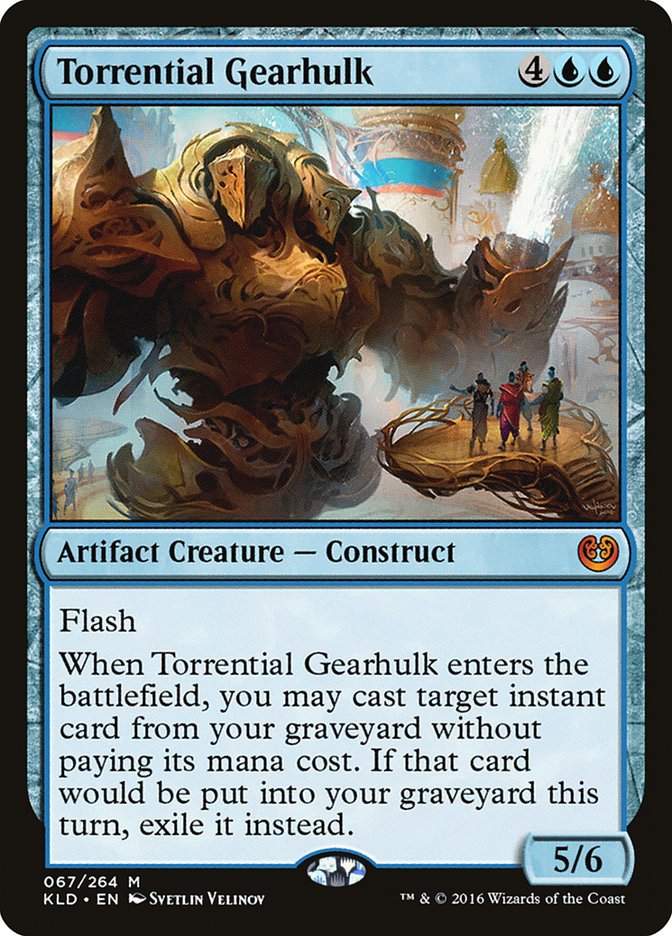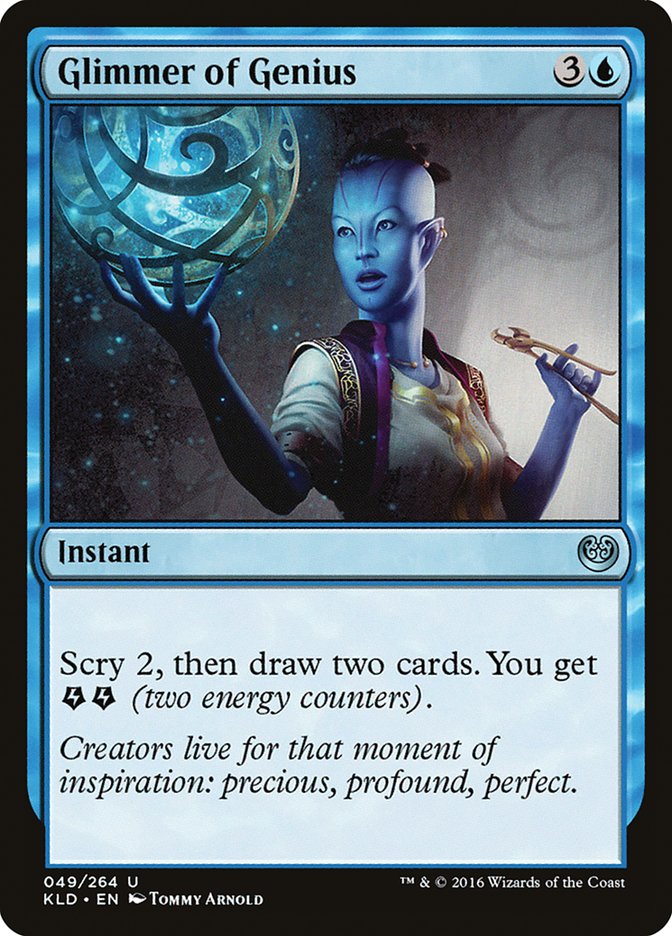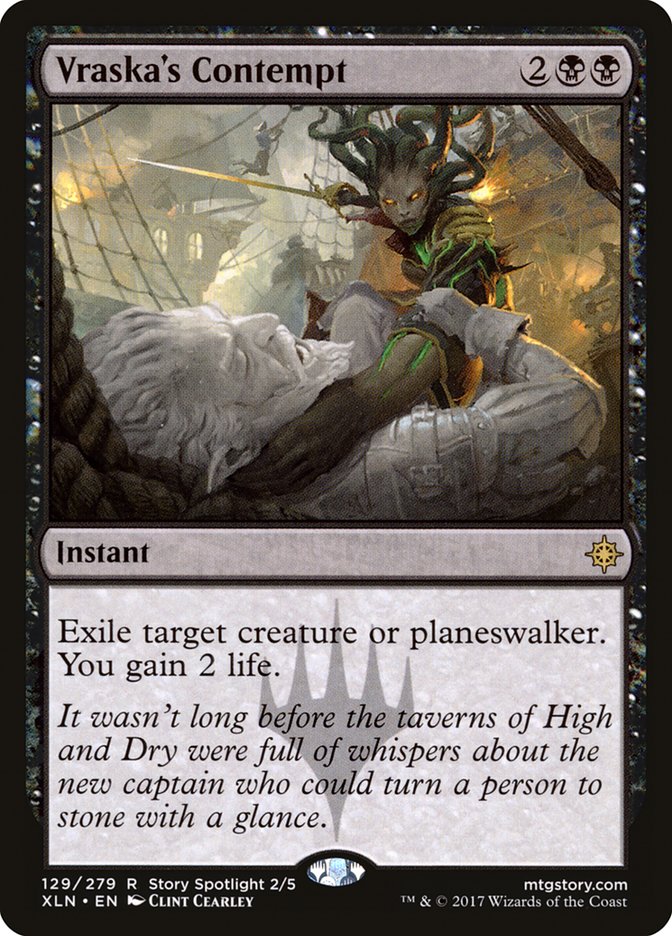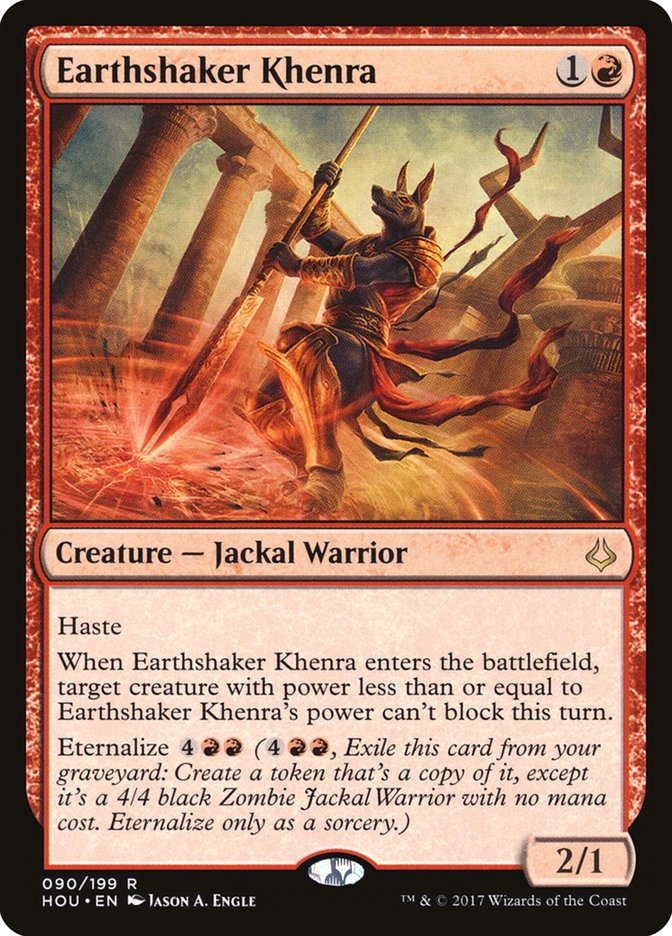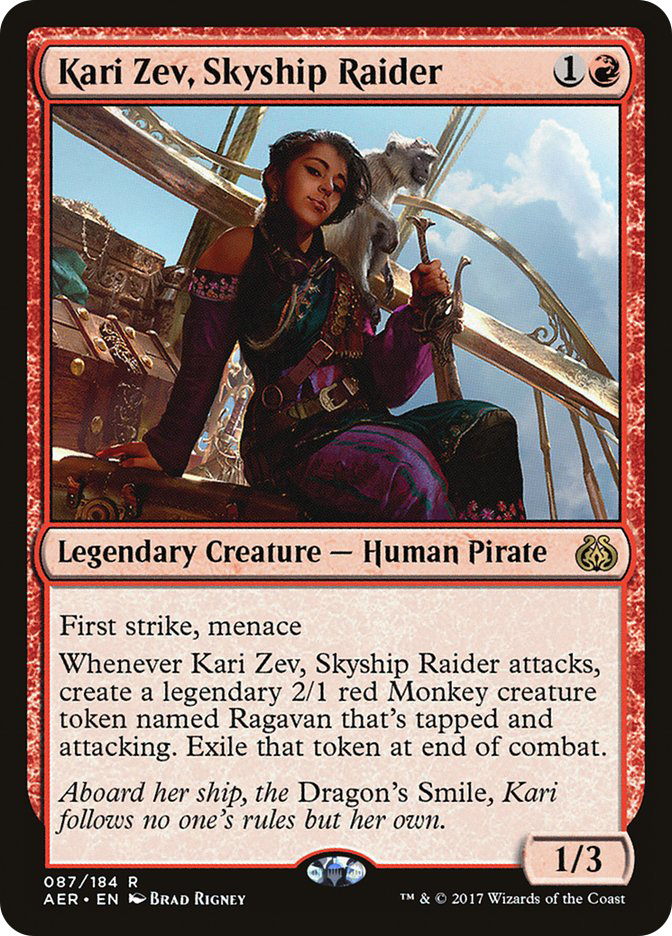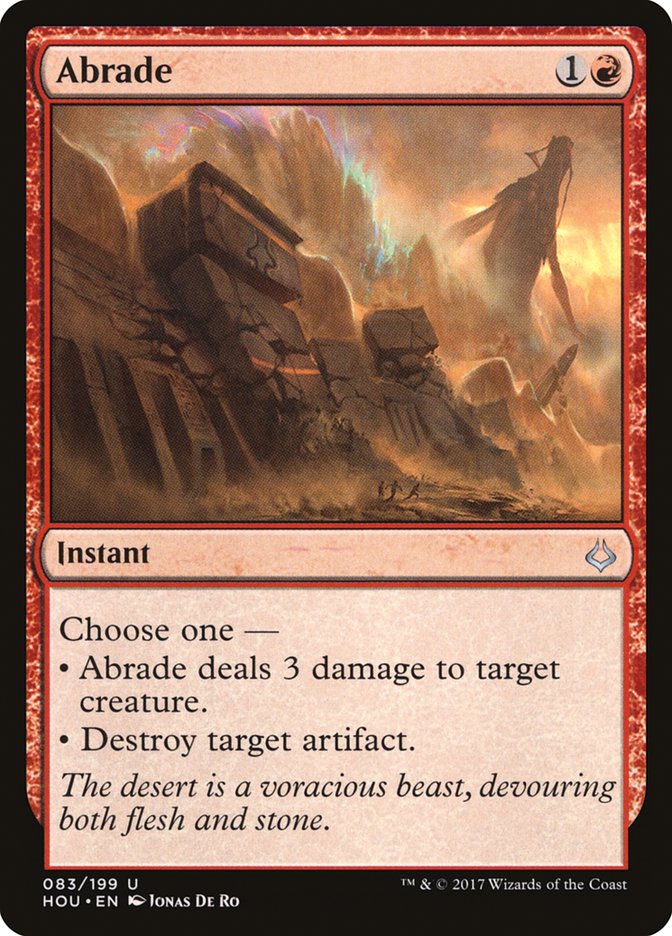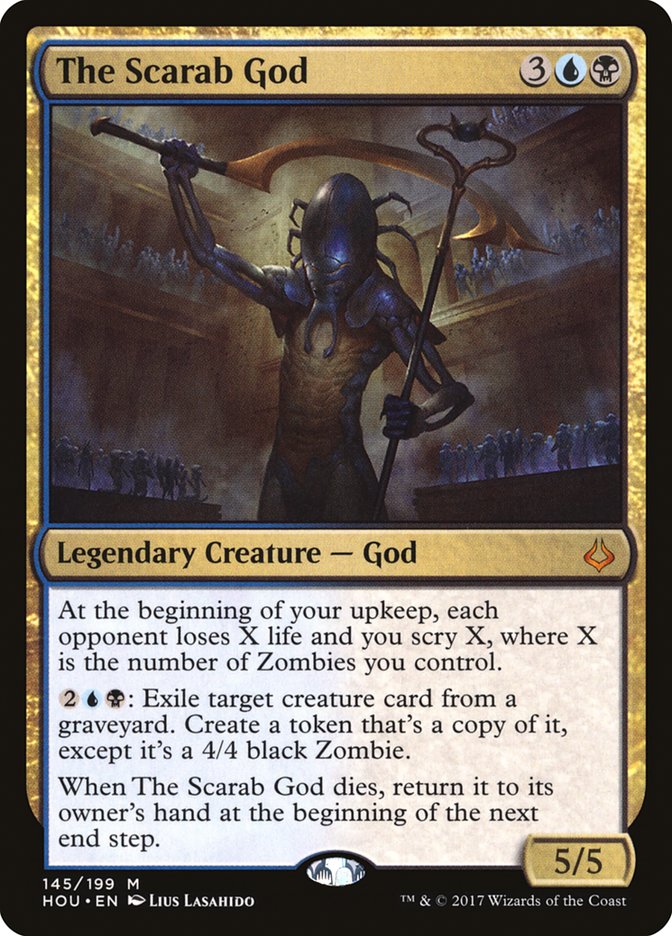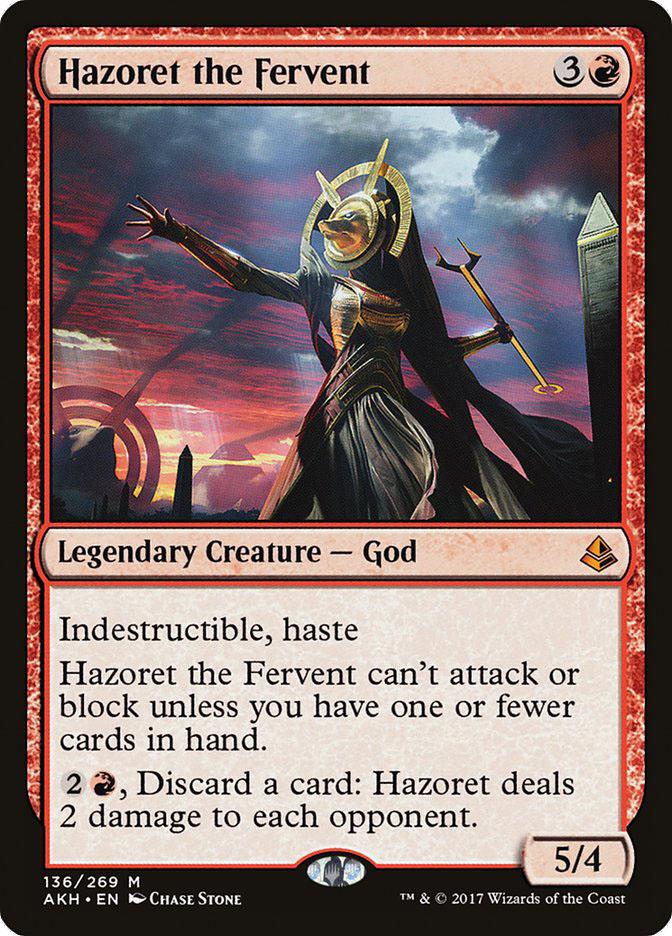[Welcome back to Fact or Fiction! Today, deckbuilding aficionados Ross Merriam and Sam Black give their takes on five statements inspired by the results of Grand Prix Memphis. Read their responses and vote for the winner at the end!]
1. With Tyler Schroeder’s win at GP Memphis, G/R Monsters is the deck to beat in Standard.
Ross Merriam: Fiction. Come on, now. It’s one tournament. The deck is solid and has put up some results, but one trophy doesn’t make it the deck to beat. Honestly, after this event, it’s hard to label any single deck as the deck to beat. Coming into Memphis, Mono-Red Aggro was the default choice, but it’s clear that the deck is quite beatable when it has a target on its back.
It’ll be interesting to see how much decks like Grixis Energy and U/B Control shift away from anti-red cards in order to gain an edge in other matchups and if that allows Hazoret the Fervent and friends to perform a little better.
As for the G/R Monsters deck, I think it was a great “scissors” choice for the weekend. Mono-Red was “rock” and the various midrange and control decks replete with cheap removal and lifegain were therefore “paper.” G/R Monsters is good in those matchups because it applies significant pressure while not folding to the cheap removal because its threats are so resilient. Scissors decks tend to be high risk/high reward because they aren’t as good in the early rounds but get better as the event goes on, so they close well. But in the long run, this was a gutsy metagame call being rewarded, not the emergence of a new top deck.
Sam Black: Fiction. Winning a single tournament is very rarely sufficient evidence for a deck being a deck to beat, and in this case, it’s neither a new deck nor one that has been especially popular or dominant.
It’s one among many good Standard decks.
More to the point, and on that note, this is not a Standard format in which “deck to beat” is a useful framework. The format is open, diverse, and healthy. Throughout the Grand Prix and on Magic Online I’ve played against a wide range of decks. This Standard format should be approached more like Modern—know the possible opponents and have plans, but mostly just make sure your deck is good.
2. With three copies of Grixis Energy in the Top 8 of GP Memphis, Standard has already established its best midrange deck.
Ross Merriam: Fact. Master of Standard Bard Narson may disagree, given that he had the Roanoke crew and his brother playing U/B Midrange with Champion of Wits, but the results are hard to argue with at this point. Grixis Energy has been among the best-performing decks for weeks now and once again showed up big time.
We know from the days of Temur Energy that Whirler Virtuoso is one of the best cards against Mono-Red because it helps you block through their many Falter effects and buy time against Hazoret the Fervent. The card is much less powerful without Attune with Aether and Rogue Refiner but still plays very well in the most popular matchup, and that’s something that Champion of Wits can’t do. It also helps that Rampaging Ferocidon, one of the better cards against Virtuoso, is gone from the format.
So as long as Mono-Red and similar aggro decks remain popular, I see Grixis Energy retaining its spot at the top of the midrange heap. However, if the format shifts towards more midrange and control archetypes, then Whirler Virtuoso becomes a liability.
Sam Black: Fiction. First and most importantly, this is a control deck. It plays more similarly to U/B Control than Temur Energy.
That said, it is possible that this deck is better than all the actual midrange decks, but even if that’s the case and we reinterpret the question to read imply a set of decks that, by definition, includes this deck, Standard is open enough that nothing has been established.
I don’t think this is being pedantic; I think it’s important to distinguish between information that is widely agreed upon and a true thing that few people know, particularly given the importance of predicting metagames.
3. With two copies of U/B Control in the Top 8 of GP Memphis, Standard has already established its best control deck.
Ross Merriam: Fact. Black has the best removal in the format and pairing it with blue offers the best card draw engines in Torrential Gearhulk / Glimmer of Genius and Search for Azcanta. The counterspells available in Standard right now are better than they have been in quite a while, so all the pieces are there.
The one question is whether limiting yourself to two colors means you leave yourself vulnerable to some threat, but Commit // Memory is a great all-purpose answer that greatly diminishes the need to splash for answers to cards like Hidden Stockpile and God-Pharaoh’s Gift. Splashing will only cause consistency issues that are a death knell against aggro decks.
This one is pretty cut and dried for me and I don’t see it changing, since The Scarab God and Hazoret the Fervent are the two best threats and Vraska’s Contempt is the best answer to both of them. U/W Cycling has a similar answer in Cast Out or Ixalan’s Binding and makes up the lifegain with Fumigate, but it doesn’t have the cheap removal that black does. If you want to play control, get used to registering Submerged Boneyard.
Sam Black: Fiction. This is much closer to accurate, but I think Grixis Energy is also a control deck and likely better, but it also invites larger questions like “Are we calling W/B Tokens a control deck?” (I have to assume we are, since I don’t know how else we’d classify it.) Ultimately, in addition to not being clearly better than Grixis Energy, if better at all, this obviously also runs into the same problem with “established” wisdom as the previous question.
4. With no copies in the Top 8 of GP Memphis, Mono-Red Aggro is no longer the deck to beat in Standard.
Ross Merriam: Fact. There were several players who barely missed the Top 8 with Mono-Red Aggro, and five total copies in the Top 32 of the event. It was a subpar performance for the default best deck entering the tournament, but no deck has distanced itself from the pack to take the crown and that means Mono-Red is still going to be the most popular deck going forward.
That said, I wouldn’t call Mono-Red Aggro the clear best deck right now, and you can get away with a weak matchup against it if you’re good enough elsewhere. I see Standard right now as being a format without a deck to beat. U/B Control, Grixis Energy, Mono-Red Aggro, and G/R Monsters are all good decks and I wouldn’t be surprised to see any of them win on a given weekend.
Sam Black: Fiction. At a certain point, I have to stop trying to deny the premise in all of these questions. I do still think it’s not very useful to think about the deck to beat in this Standard, but if you have to crown one, it’s this.
It’s the most consistent, most powerful, and most played deck. When I build a new deck, I always have to go furthest out of my way to make sure a deck is competitive with Mono-Red, and it should absolutely be viewed as the gatekeeper to the format. There’s all kinds of sweet stuff you can do in this format, but if you’re not competitive with Mono-Red, you should go back to the drawing board, but it’s okay to have a bad matchup against any other single deck.
5. The Scarab God, not Hazoret the Fervent, is the best card in Standard.
Ross Merriam: Fact. This one’s close, and honestly, choosing between them is sort of irrelevant. They’re definitely the two best cards in the format but they also go into very different styles of deck, so the choice between them is more about the archetype you prefer than their relative power level.
But if I have to choose one, I’ll take The Scarab God. G/R Monsters and Mono-Black Aggro are both non-embarrassing aggro decks that don’t play Hazoret. I could see myself registering them in a tournament. I can’t fathom registering a midrange or control deck without The Scarab God. Just the thought of it makes me vomit in my mouth a little.
Sam Black: Fiction. They both basically win the game unless they’re exiled in most games, but The Scarab God can be slowed by spells that don’t touch Hazoret, and Hazoret costs less mana.

